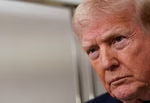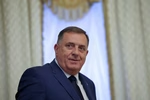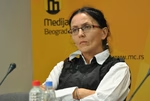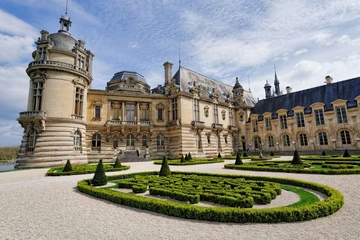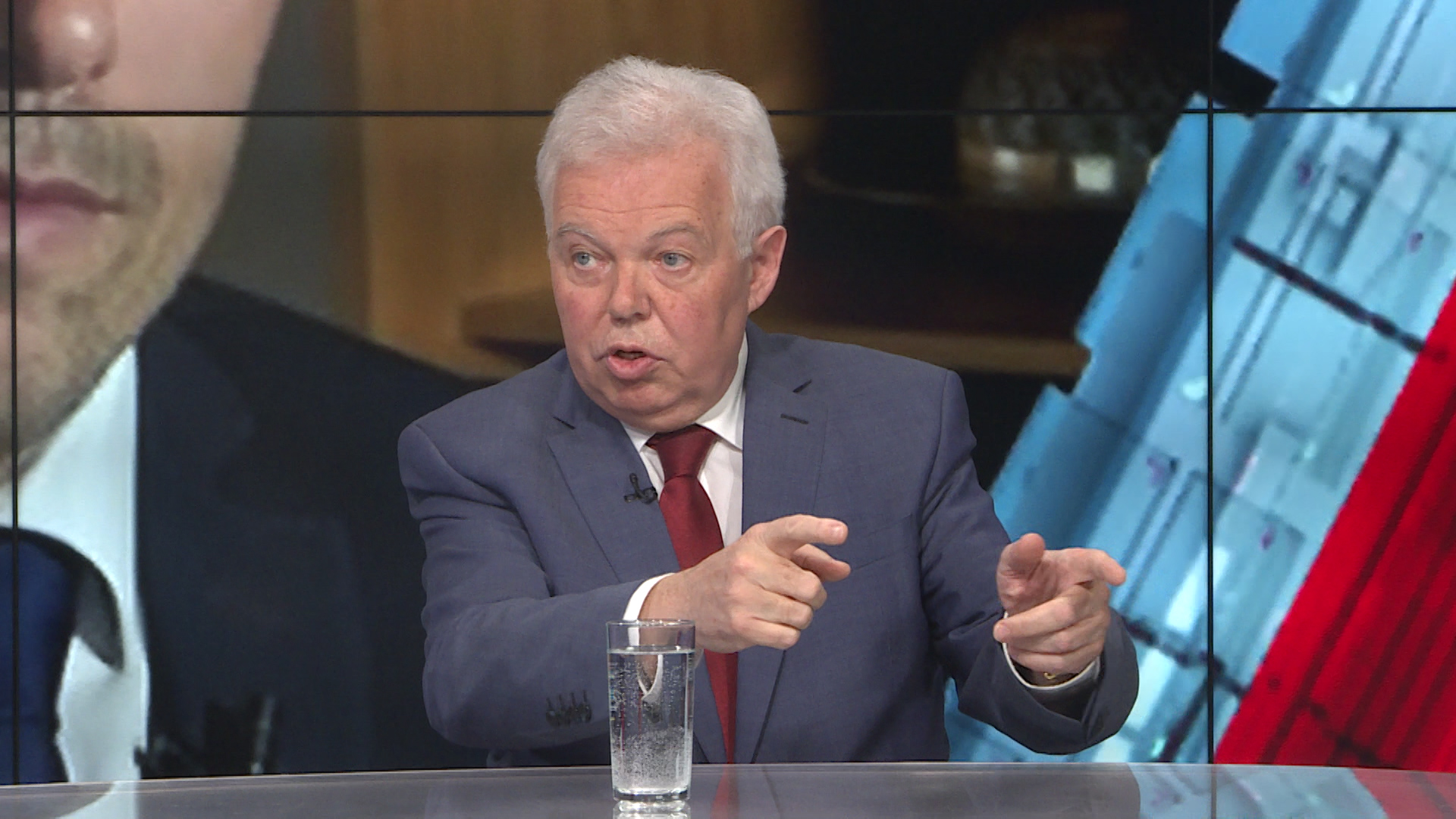
The declaration of long-term goals the main Bosniak party in the country adopted contains a reform of the Constitution which is not in line with the peace agreement which ended Bosnia’s war and could thus damage the system of ethnic balance in the country, Russia’s Ambassador in Bosnia, Petr Ivantsov, said on Friday.
“It’s not surprising that the other two constituent peoples see this as a threat to their position in the country,” Ivantsov told ‘Glas Srpske’.
The Party for Democratic Action (SDA) said that it will work toward the establishment of a ‘Republic of Bosnia and Herzegovina’ and the affirmation of a ‘Bosnian language’ as the ‘common identity of all of Bosnia’s citizens’.
Bosnia is according its Constitution, which is part of the 1995 Dayton Peace Agreement, composed of two semi-autonomous regions - the Serb-majority Republika Srpska (RS) and the Federation of Bosnia and Herzegovina (FBiH), mostly shared between Bosniaks and Croats. The entities are linked into a state by common institutions.
The state-level government is set up according to a power-sharing system between three majority ethnic groups, or ‘constituent peoples’ - Bosniaks, Croats and Serbs.
The SDA Declaration has caused an uproar among Bosnian Serb and Bosnian Croat representatives, who argued that such a setup would end up with Bosniaks running the country as they are the most numerous.
The document also prompted a reaction by Bosnia’s international administrator, Austrian diplomat Valentin Inzko.
He stressed that he is obligated “to insist on full compliance with the Dayton Agreement” and the Constitution which “clearly guarantees the sovereignty, territorial integrity, and political independence of BiH, and provides that BiH shall consist of the two Entities, the Federation of Bosnia and Herzegovina and the Republika Srpska.”
“Any change to the internal organization of BiH must be adopted in accordance with the procedures set forth in the Constitution, which requires a comprehensive process of consensus-building and agreement across the entire political spectrum,” said the Office of the High Representative (OHR), in charge of overseeing the civilian implementation of the Dayton Agreement.
The comment of the High Representative should have “contained a concrete assessment of how much the constitutional initiatives are in line with the articles and principles of the Peace Agreement and Bosnia’s Constitution,” Ivantsov said.
He criticised the OHR, comparing how the international administrator reacted to the Declaration as opposed to how he reacts to statements coming from Republika Srpska - saying that those reactions are “immediate and very sharp, without much reason.”
Ivantsov also commented on the fact that Bosnia’s new government has not been formed since the October 2018 election, saying that he is “pessimistic” and adding that this damaged inter-ethnic trust in the country.
The reason for the government - officially called the Council of Ministers - not being formed is that the Bosniak and Croat members of the tripartite Presidency refuse to vote for the new prime minister, who is supposed to come from the main Serb party in the country, the Alliance of Independent Social Democrats (SNSD).
Although the SNSD initially agreed to Bosnia progressing toward NATO membership, they changed their minds in recent years and now oppose any new step in that direction to be made.
The next step would be sending the Annual National Programme (ANP) to the alliance in Brussels and the Bosniak and Croat Presidency members insist on it. They argue that the country took on that obligation years ago and must fulfil it according to the law and the Constitution.
“Unfortunately, this topic has become hostage to artificial problems. It seems that some internal and external forces are simply interested in maintaining the status quo,” Ivantsov said, arguing that those forces want to keep the current government, which is in a technical mandate until a new one is formed, because it suits them.
The entire discussion on the ANP has brought dialogue between the political parties to a stop, he said.
“From the beginning we have been calling upon the parties to focus on an agenda which unite them, and that principled disputes they have regarding other issues, such as the ANP, should be left to the future institutions which would tend to them within the framework of procedures which are in accordance with the laws of Bosnia and its international obligations,” the Russian Ambassador said.
Ivantsov complained that he was criticised for his stance and accused of interfering in Bosnia’s internal issues while the newly appointed US Representative for the Balkans, Matthew Palmer, openly states that the country should become a NATO member.
Kakvo je tvoje mišljenje o ovome?
Učestvuj u diskusiji ili pročitaj komentare





 Srbija
Srbija
 Hrvatska
Hrvatska
 Slovenija
Slovenija











